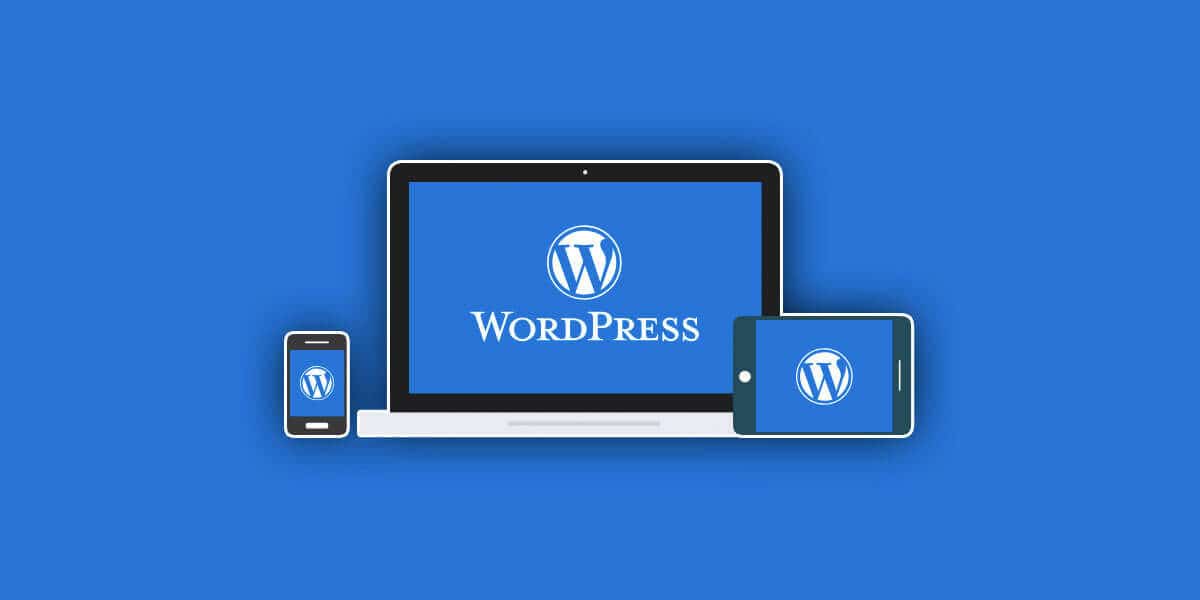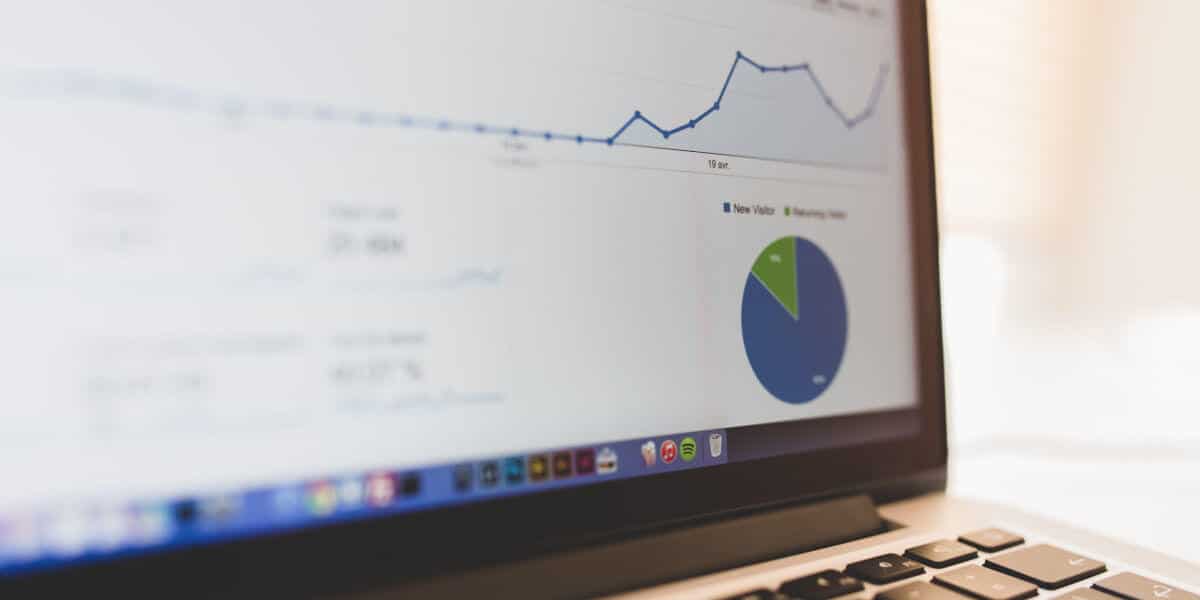
What’s new and noteworthy in WordPress?
18 July 2018
Anchor Text in a nutshell
3 August 2018
On June 20, 2018, a vote took place in the JURI committee of the European Parliament regarding introduction of anti-piracy filters and so-called “Link tax” . This is an idea of some MEPs regarding copyright enhancement within the EU.
Most of us now hear about this initiative, despite the fact that it already has a few years. Link tax is not new at all. It was first proposed in 2016, also in the context of copyright. Some countries even tried to introduce a own tax version , but the consequences were not satisfactory. The tax on links, however, is not related to the fact that from now on you will have to enter fees for each inserted link .
This change applies mainly to pages involving the exchange of content, and search engines. They would have to pay small fees for showing eg headlines or titles of newspaper articles to organizations like Organization for collective management of copyright or related rights. These fees do not apply to ordinary internet users. By linking to the website, therefore, we do not risk fining in the light of this law. The misleading name of this phenomenon has misled many people. Inserting links to the customer’s site should also not be penalized. Some sources indicate that it is enough to obtain a written consent from the commissioner that it allows you to distribute links to your website on the internet. Such consent may be needed if the proposed project is officially voted down.
Changes in copyright also apply to the introduction of anti-piracy filters . If this project comes into effect, forum administrators and blog owners, and any other platforms that allow users to make their content public, will have to implement anti-piracy filters: automatic or manual. In both cases, the issue of freedom of expression on the internet may be limited. It is not uncommon for an automatic filter to be overeager and to delete or block content that is essentially harmless. In the case of large websites, the implementation of the moderators’ staff responsible for detecting and removing harmful content may prove to be too expensive and time-consuming.
The amendment to the law seems to be dictated by the needs of copyright owners: content publishers. At present, extensive activities are underway to draft amendments withdraw . Particularly controversial are articles 11 and 13 , which in turn refer specifically to the tax on links and anti-piracy filters.
The consequences for positioners can be multiple. First of all, they would have to re-evaluate the effectiveness of links from guest entries, sponsored articles or other links from some types of sites. If they themselves position a page with press releases, they would have to reckon with the decline in readership . There may also be other difficulties when carrying out a link building campaign in the form of stringent rigor on websites that allow free expression of opinions. You should also take into account position fluctuations that may result from the disappearance of some subpages from the search results.
At the moment, however, these are only only forecasts . We will have to face the actual state of affairs if the law comes into force. For now, everything indicates it.
Update
On July 5, the revision design in its current form has been discontinued . The next debate on what the law should look like will take place in September. So temporarily, we do not have to worry about changes. However, the spectrum of tax on links and expected impediments still exists – it is only deferred in time .


